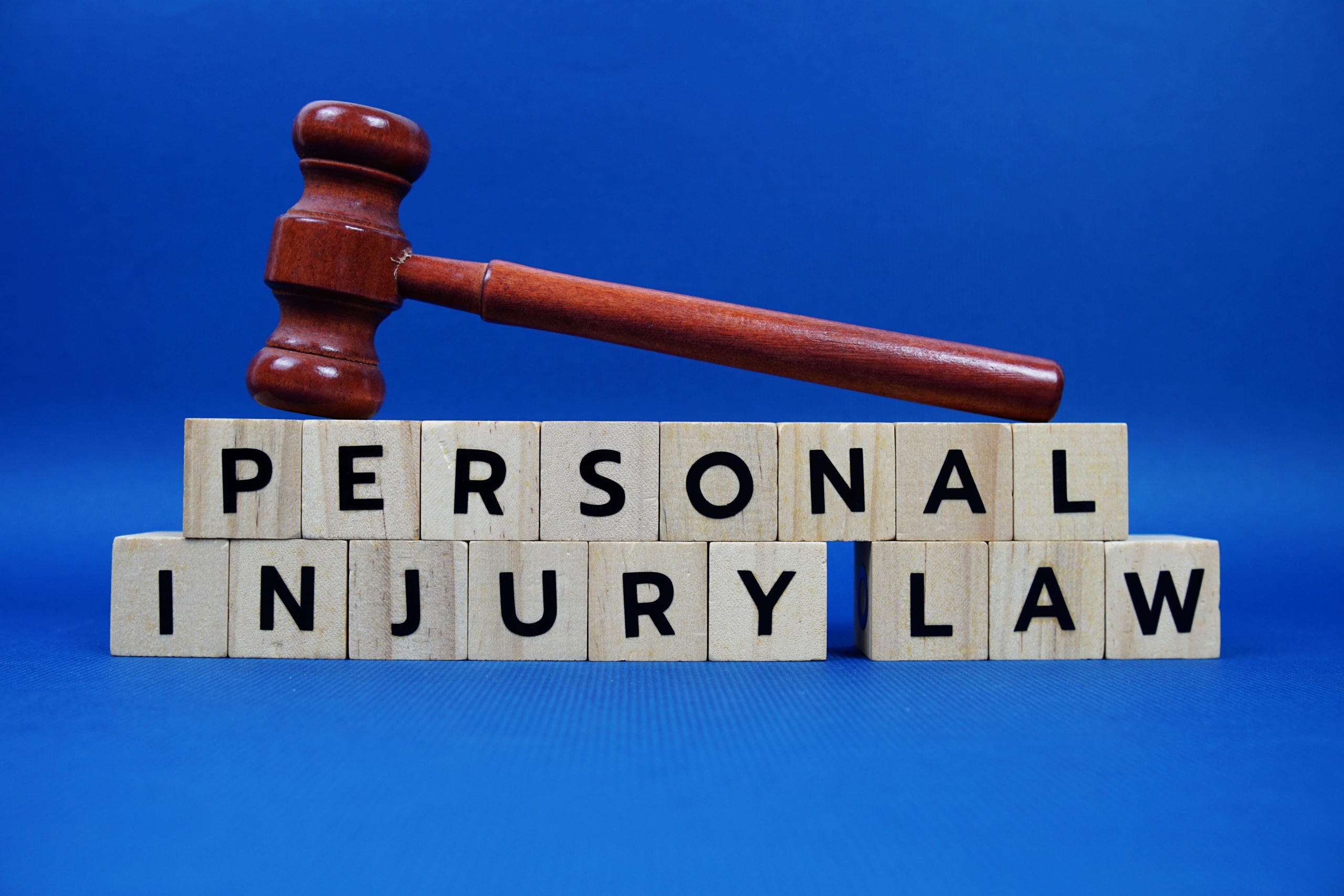In personal injury cases, the impartiality and ethical behavior of a judge are critical to ensuring that victims receive fair treatment. When judicial misconduct occurs, it undermines the legal system, compromises the rights of plaintiffs, and creates obstacles for personal injury attorneys working to secure compensation for their clients. This article explores the concept of judicial misconduct, how it affects personal injury law, and what steps individuals can take if they suspect misconduct in their case.
What is Judicial Misconduct?
Judicial misconduct refers to inappropriate behavior by a judge that violates the code of judicial conduct or the ethics governing their profession. Judges are expected to remain impartial, make decisions based on the law, and conduct themselves with integrity. However, misconduct can occur in several forms, such as:
- Bias or Favoritism: When a judge demonstrates preference toward one party in a case, whether it’s due to personal relationships or other motivations, it disrupts the fairness of the proceedings.
- Improper Communication: Engaging in ex parte communications (discussions about a case with one party without the other party’s knowledge) is a form of misconduct that can influence the outcome of a trial.
- Financial Impropriety: Accepting bribes or gifts to sway decisions in favor of one party is a blatant violation of judicial ethics.
- Failure to Recuse: If a judge has a conflict of interest in a case and does not remove themselves, this is considered misconduct. For example, a judge may have a personal or financial interest in the outcome of a personal injury case.
Judicial Misconduct in Personal Injury Cases
Judicial misconduct can have a significant impact on the outcome of personal injury cases, where victims are seeking compensation for injuries sustained in accidents. In personal injury law, fairness and impartiality are essential to determining fault, assessing damages, and awarding settlements. If a judge fails to conduct themselves ethically, it can result in an unjust ruling that may deny victims their right to proper compensation.
For instance, imagine a personal injury case involving a serious car accident where the plaintiff has suffered long-term injuries and is seeking compensation for medical bills, lost wages, and emotional distress. If the judge shows bias toward the defendant—perhaps because they have personal ties to the defendant’s insurance company—it can skew the entire case, leading to an unfavorable ruling for the victim.
Judicial misconduct not only harms the individual plaintiff but also erodes public trust in the legal system. Personal injury victims often rely on the court to fairly assess their claims, and misconduct by a judge can undermine their confidence in receiving justice.
Examples of Judicial Misconduct in Personal Injury Law
Several types of judicial misconduct can arise in personal injury law, including:
- Prejudging Cases: If a judge appears to have already made up their mind before hearing all the evidence, it can create an unfair advantage for one side. This can be particularly damaging in personal injury cases, where evidence of liability and damages must be thoroughly examined.
- Dismissing Key Evidence: Judges are responsible for ruling on what evidence is admissible in court. If a judge improperly dismisses critical evidence, such as expert testimony on the extent of a plaintiff’s injuries, it can drastically reduce the chances of a fair settlement.
- Failing to Issue Proper Instructions to the Jury: In personal injury cases, juries often play a crucial role in deciding the outcome. A judge’s instructions to the jury should be clear, unbiased, and based on the law. However, if a judge provides misleading or incomplete instructions, it can sway the jury’s decision.
The Role of Personal Injury Attorneys in Addressing Judicial Misconduct
Personal injury attorneys are not only responsible for representing their clients’ legal interests but also for ensuring that their clients receive a fair trial. If a personal injury lawyer suspects judicial misconduct, they can take several steps to address the issue:
- Object to the Judge’s Actions: Attorneys can formally object during the trial if they believe the judge is acting improperly. These objections become part of the court record, which can be used in an appeal if necessary.
- Request Recusal: If a judge’s impartiality is in question, a personal injury attorney can request that the judge recuse themselves from the case. This is especially important when there is a clear conflict of interest, such as a personal relationship with one of the parties.
- File a Complaint: Personal injury attorneys can file formal complaints against a judge with the state’s judicial conduct board. This body is responsible for investigating allegations of judicial misconduct and taking appropriate action if a judge is found to have violated ethical standards.
- Appeal the Case: If judicial misconduct leads to an unfavorable verdict, personal injury attorneys can file an appeal, arguing that the judge’s behavior impacted the outcome of the case. Appellate courts have the power to overturn rulings if they determine that judicial misconduct occurred.
Preventing and Addressing Judicial Misconduct
The legal system provides several mechanisms for addressing judicial misconduct. In New York and New Jersey, judicial conduct commissions investigate complaints against judges and can issue disciplinary measures, including censure, suspension, or removal from office. Victims of judicial misconduct can file complaints with these bodies if they believe a judge has acted improperly in their case.
Moreover, the American Bar Association’s Model Code of Judicial Conduct outlines the ethical obligations of judges. Judges are required to uphold integrity, impartiality, and fairness in their rulings. Lawyers and individuals involved in personal injury cases should familiarize themselves with these standards to better understand their rights and when a judge’s behavior crosses ethical lines.
Conclusion: The Importance of Fairness in Personal Injury Law
Judicial misconduct can severely impact personal injury cases, potentially denying victims the compensation they need to recover from their injuries. It is crucial for both plaintiffs and personal injury attorneys to be vigilant in identifying signs of misconduct, such as bias or improper communications, and to take the necessary legal steps to address these issues.
If you are involved in a personal injury case and believe that judicial misconduct has affected your trial, consulting with an experienced personal injury lawyer is essential. Your attorney can help protect your rights, file the necessary complaints, and, if needed, appeal an unfair verdict to ensure you receive the justice you deserve.




